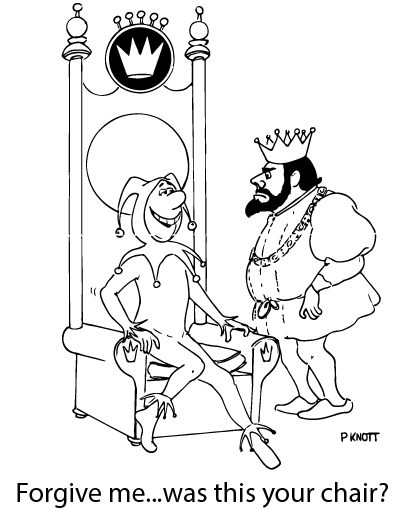=
Do they not blaspheme that noble name by which you are called?
James 2:7
The apostle James overflowed with contempt towards rich Christians who flaunted their wealth and expected special seating in meetings of the church. He made a rhetorical question to the saints to make them realize what was going on: “Do not the rich oppress you and drag you into the courts?” (James 2:5). He concluded that such behavior blasphemed the noble name of Christ.
Often when we read in the gospels of Christ’s birth in a stable, or the fact that He didn’t even have a roof over His head during His ministry or that He was buried in a borrowed tomb, we envision the Savior in His humanity and forget that He is King of kings.
Jesus was of noble birth and could trace his lineage back to King David. His ancestry went back to Adam who at one point had dominion over all the earth. But His noble origin goes back further yet. He is God, so He is also Lord of lords, the blessed and only Potentate, and King of Glory.
The Lord came to this world to save sinners “and purify for Himself His own special people, zealous for good works” (Titus 2:15). But of those whom He called there were “not many wise according to the flesh, not many mighty, not many noble” (1 Corinthians 1:26). Yet, it is the plan of the Savior that Christians hear “the word with a noble and good heart, keep it and bear fruit with patience” (Luke 8:15). In other words, He takes those whom the world esteems as lowly and brings them to share in His nobility. He elevates us to be joint heirs.
As a result, we are called on to shed the weak and beggarly elements of our human nature that we were born with and be transformed by the renewing of our minds. The Apostle Paul admonishes believers: “whatever things are true, whatever things are noble […] meditate on these things” (Philippians 4:8). In doing that we’ll never forget that the King of Righteousness is Noble.
October 13
